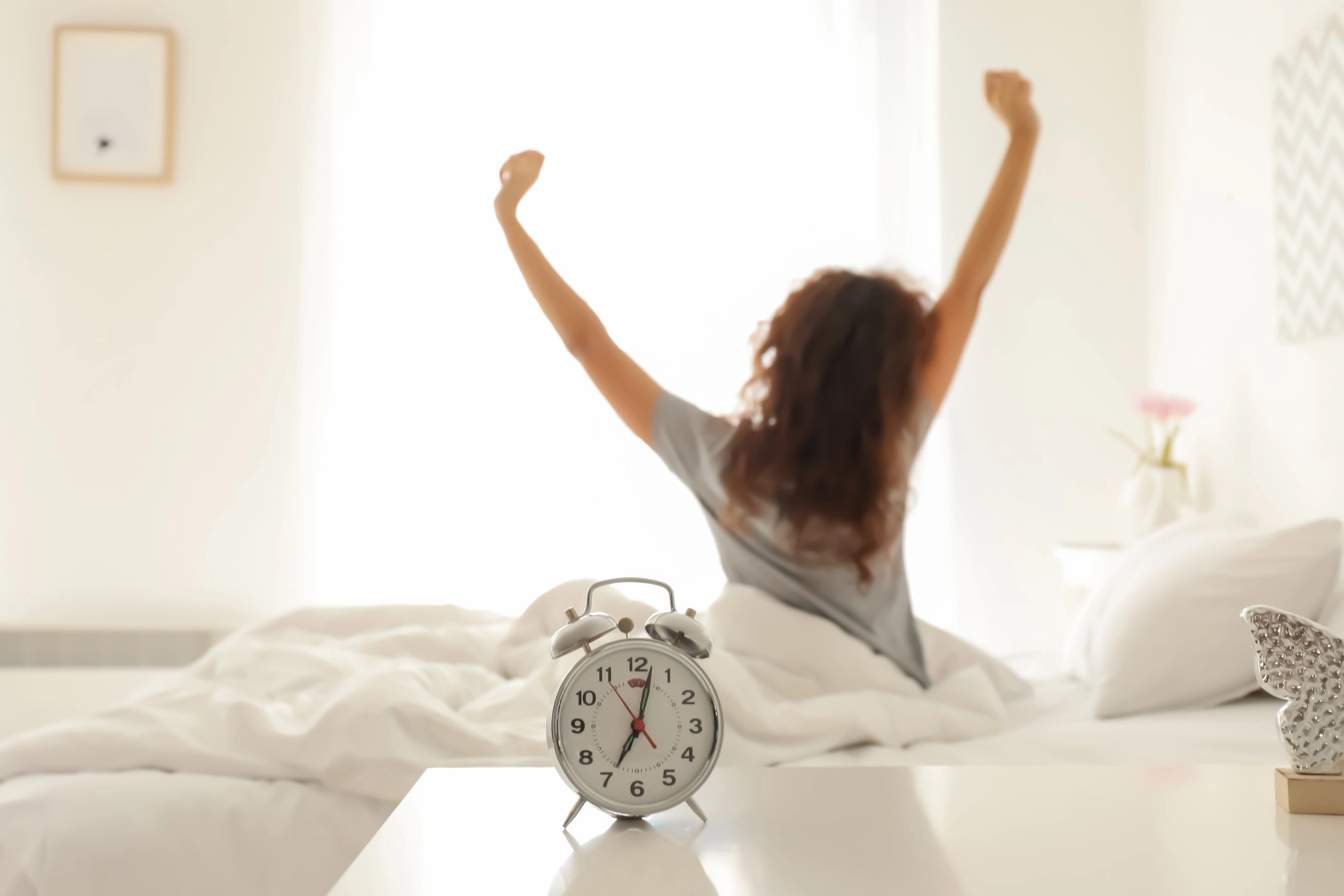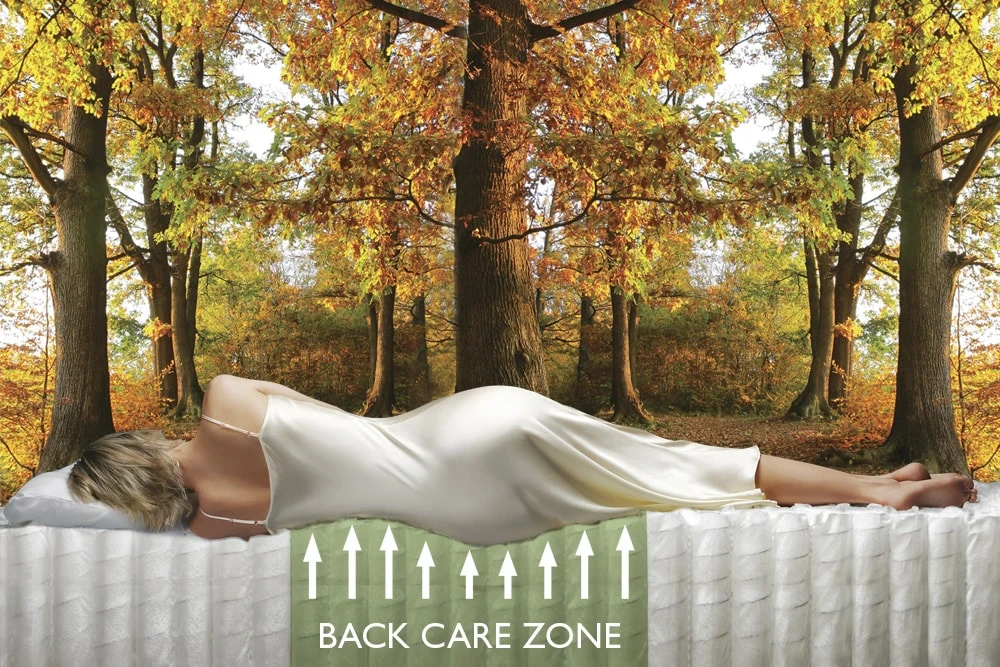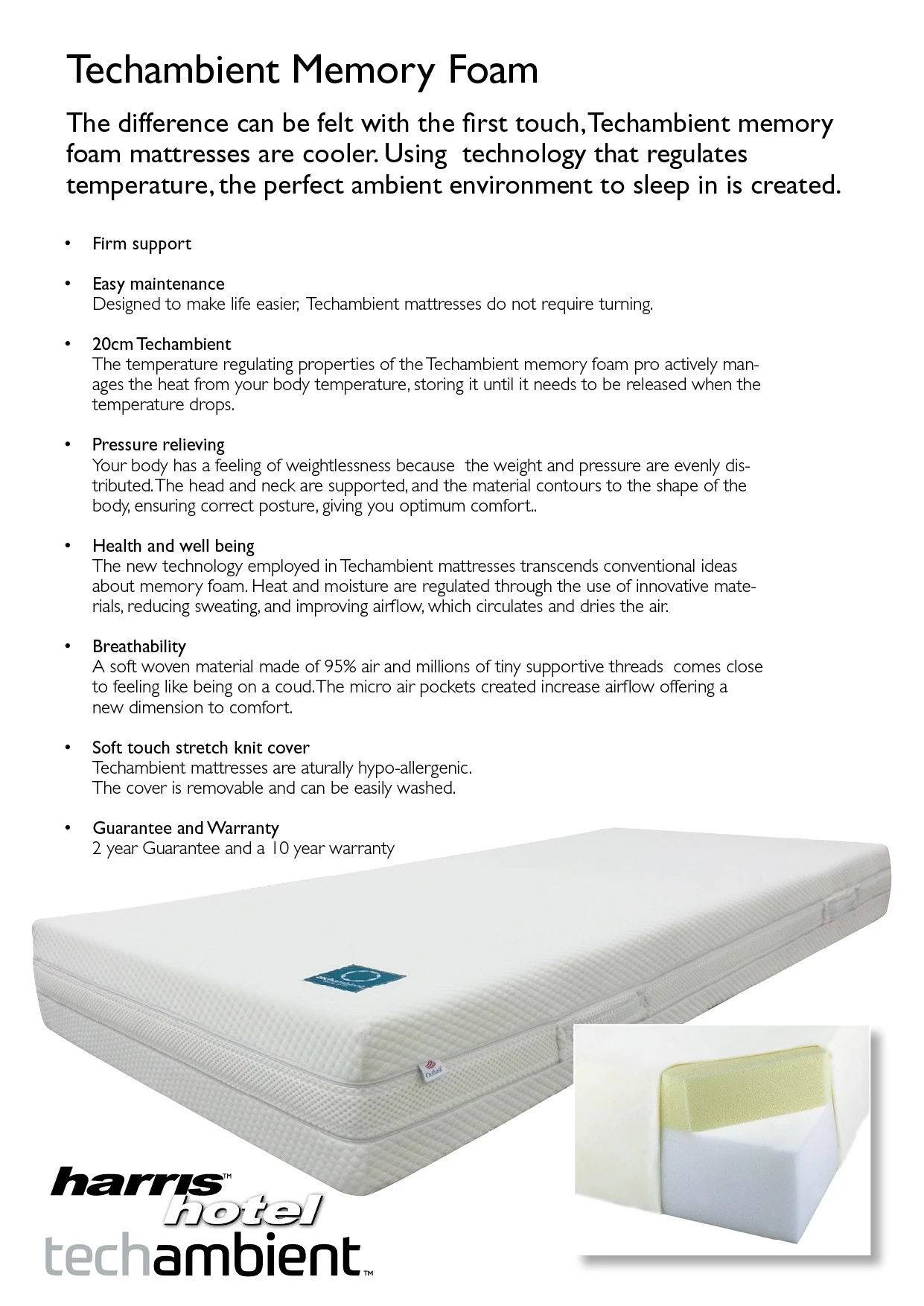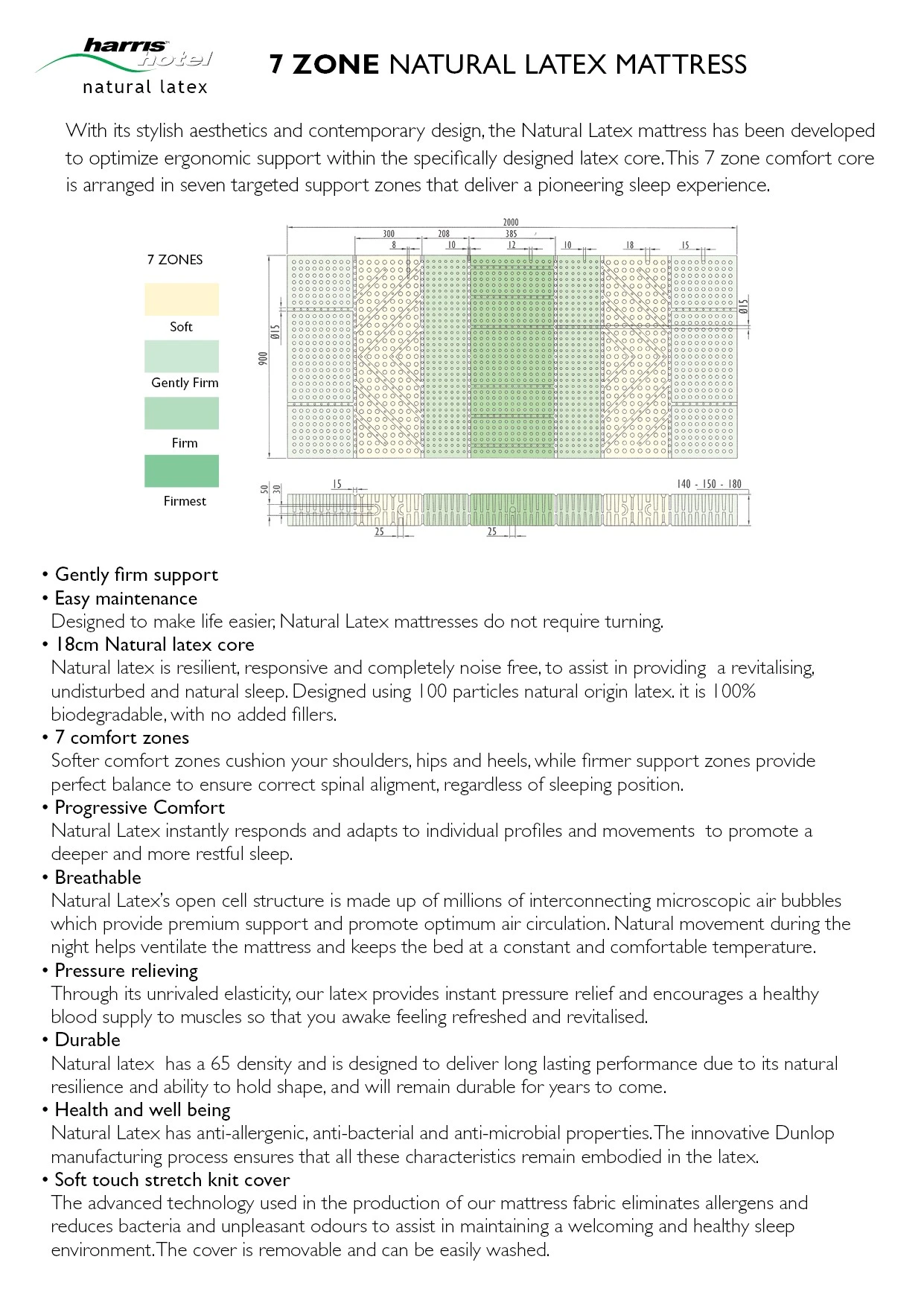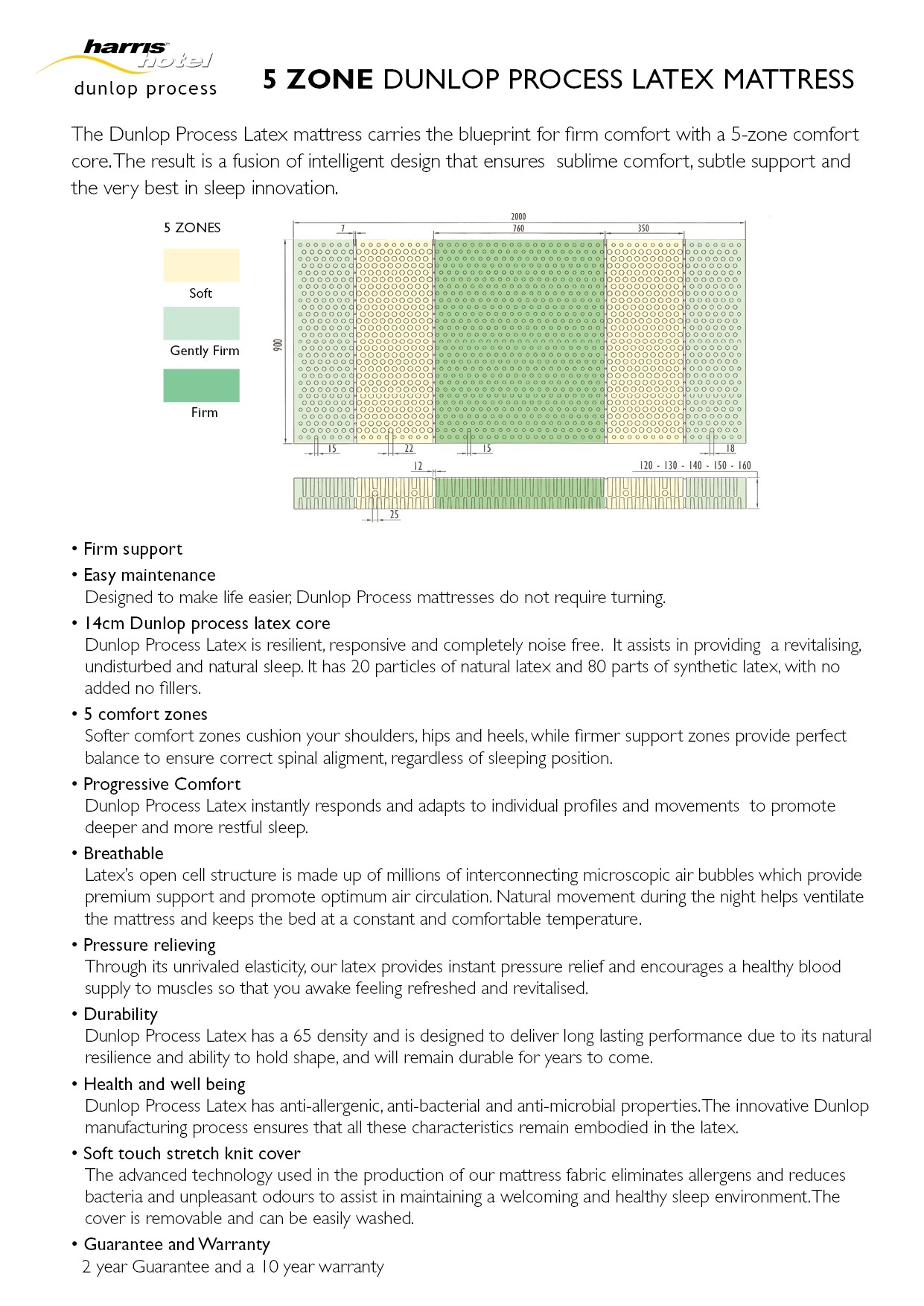Sleep is an essential human need that plays a role in keeping you healthy and mentally well. It facilitates a restorative process that allows your body to repair and regenerate, consolidate memories, and improve mental wellness.
If you’ve ever doubted the importance of sleep, science proves that catching enough Z’s every night boosts your immune system, regulates metabolism (great news for weight management), and promotes cardiovascular health. And, apart from keeping you from yawning through your morning meetings, a good night’s sleep does even more for your overall cognitive performance.
Six health benefits of sleep
According to a recent Sleep Foundation study, more than one-third of survey respondents get less than the recommended seven hours of sleep per night, up to 15% suffer ongoing insomnia, and 94.8% of adults lose at least one hour of sleep due to pain and discomfort in a given week. The study results also indicate a strong link between lack of sleep and mental health problems, with more than 90% of people diagnosed with depression reporting sleep-related conditions, such as insomnia.
Living in an era where science and medicine are just beginning to understand the effects of sleep deprivation, it’s important to understand the benefits of sleep too.
1. Sleep decreases the risk of heart disease
High blood pressure is one of the main risk factors contributing to heart disease. According to the Centers for Disease Control and Prevention (CDC), inadequate sleep could interfere with your body’s ability to regulate blood pressure. Moreover, high blood pressure caused by lack of sleep also increases the risk of developing obstructive sleep apnea, which further strains cardiovascular health.
2. Sleep improves productivity and mental focus
Although it seems obvious, sleep is fundamental to healthy mental performance. When you sleep, your brain forms and maintains pathways that enable learning and memory functions. That’s why the importance of sleep is emphasised for students. Sleep also helps to remove toxins from the brain and enhances how nerve cells communicate, which impacts your ability to concentrate well when you’re awake!
3. Sleep may help you maintain or lose weight
Another surprising benefit of sleep is that a healthy 7-8 hours of sleep each night could help with weight loss or management. There are numerous reasons for this:
- Sleep deprivation increases the levels of hormones that make us feel hungry (ghrelin) and represses the release of hormones that make you feel full (leptin). This creates feelings of increased hunger and often results in over-eating.
- To compensate for lack of energy, we usually crave foods higher in calories and will turn to snacks high in sugar and fat.
- Feeling tired also affects our motivation, so people who don’t get enough sleep are less likely to engage in exercise that would contribute to healthy weight management.
4. Sleep plays a role in preventing type 2 diabetes
Diabetes is one of the fastest-growing health risks in the world, with the most common being type 2 diabetes. Studies have shown that ongoing sleep deprivation (fewer than 6 hours per night) increases the risk of developing type 2 diabetes, affecting the body’s ability to use the hormone insulin properly.
5. Sleep helps to alleviate inflammation
Sleep is critical in regulating our central nervous system, particularly the stress-response systems. Consistent sleep loss amplifies the effects of inflammation in the body, which can, in turn, be linked to chronic conditions such as Alzheimer’s disease, certain cancers, depression, heart disease, and many others.
6. Sleep supports the immune system
Here’s an interesting fact: research data suggests that a healthy amount of sleep helps to improve the body’s antibody response to vaccines! Other studies show that people who have less than 5 hours of sleep each night are 4.5 times more likely to develop a cold than those who sleep more than 7 hours.
The healthy sleep hygiene habits of happy slumberers
We now know all about the importance of sleep for our health and overall wellbeing. But how do we develop good sleeping habits amidst busy lifestyles, high stress levels and limited budgets? Here are some tips for better sleep quality:
Limit screen time
It’s time to ditch bedtime scrolling once and for all. The blue light emitted from electronic devices disrupts your brain’s natural circadian rhythms, creating havoc with sleep patterns. Experts recommend putting down all devices at least one hour before bedtime.
Avoid stimulants
Some strict sleep regimes suggest avoiding stimulants like caffeine, sugar and nicotine as much as 10 hours before bedtime! Even if you believe you can drop off to sleep right after a hot cuppa, your brain will likely not enter a healthy sleep cycle until much later during the night.
Exercise regularly
While scientists are still studying the link between a good workout and a healthy night of sleep, we do know that moderate aerobic exercise increases the amount slow wave sleep a person can enjoy. However, it’s recommended that you shouldn’t exercise right before bedtime, as the endorphins and body heat may keep you awake.
Establish a bedtime routine
Humans are creatures of habit, and establishing a consistent night-time routine can train your body to wind down and prepare for sleep naturally. This could include enjoying a warm bath, reading a book, listening to soft music, or practising relaxation techniques.
Ensure a comfortable environment
To give your body the best shot at falling into a deep, restorative sleep, you need to prepare for maximum comfort. We recommend lowering the lighting in the evening, reducing household noise, optimising room temperature (cooler is better), and ensuring you have a comfy bed and pillow to rest on.
Your sleep quality in your control
Getting more sleep for a healthy lifestyle starts with taking control of your daily habits and environment. Choosing the right bed is one of the biggest decisions you’ll make toward achieving better quality sleep.
At Fit for Bed, our top-selling Harris Hotel Spine Controller continues to provide spinal support and plush comfort that your body can sink into – not too much, not too little… it’s just right. Here’s why the Spine Controller mattress is a perfect fit for just about anyone:
- Its chiropractic design conforms to the shape of your body, ensuring that your spine maintains the correct position during sleep. A combination of pocket spring technology and imported Belgian latex helps to alleviate pressure on the hips and shoulders, promoting perfect posture and comfort.
- In partnership with the Institute of Ergonomics in Munich, Harris Hotel has designed five comfort zones to support specific parts of the body. This ensures that your body is correctly supported, whether you sleep on your back, or on your side.
- Independently pocketed springs prevent motion transfer between you and your sleeping partner, so that restlessness on the other side of the bed doesn’t disturb your slumber. What’s more, pocket spring mattresses are recommended for orthopaedic reasons, as they enhance blood circulation and alleviate body stress.
- Our Spine Controller offers the temperature control and natural ventilation of latex, upholstered in soft, 100% cotton knit.
- We know you want a mattress that lasts. The Harris Hotel Spine Controller enjoys a 3-year guarantee and a 12-year warranty, honoured by Fit for Bed.
We understand the importance of sleep and how great sleep quality can add up to great quality of life. That’s why we’re invested in providing helpful tips and sleep solutions that enable our customers to rest better and live better. If you’d like to chat about the Harris Hotel Spine Controller, or our other ergonomically designed mattresses, get in touch or visit a Fit for Bed store.

